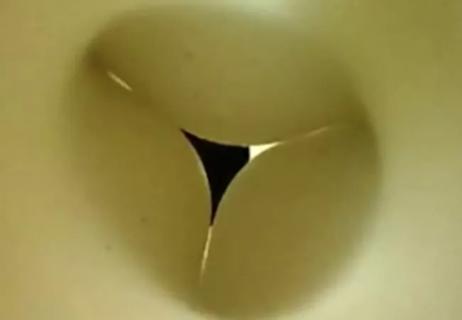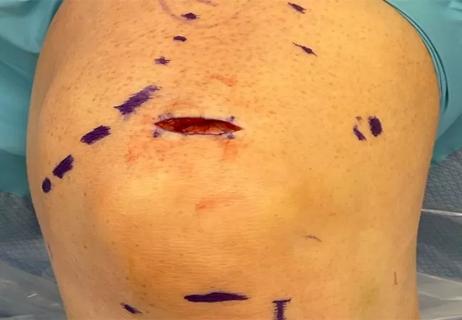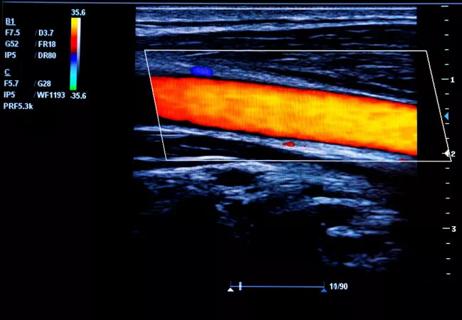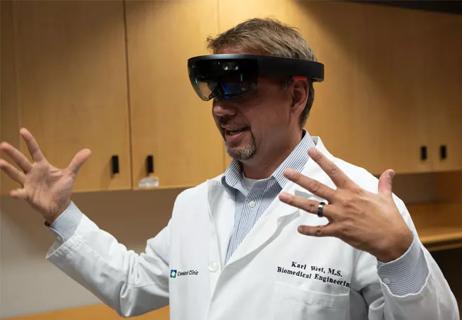Locations:

Sophisticated in vivo modeling can enhance device development and therapy testing

Study findings offer new insights into long-term outlook for ACL surgery patients

Noninvasive assessment of carotid artery plaque composition

Leveraging Microsoft HoloLens and 3D printing to improve surgical outcomes
Advertisement
Cleveland Clinic is a non-profit academic medical center. Advertising on our site helps support our mission. We do not endorse non-Cleveland Clinic products or services. Policy

Open source software program has clinical and surgical applications

A Q&A with Suneel Apte, MBBS, D Phil
Advertisement
Advertisement